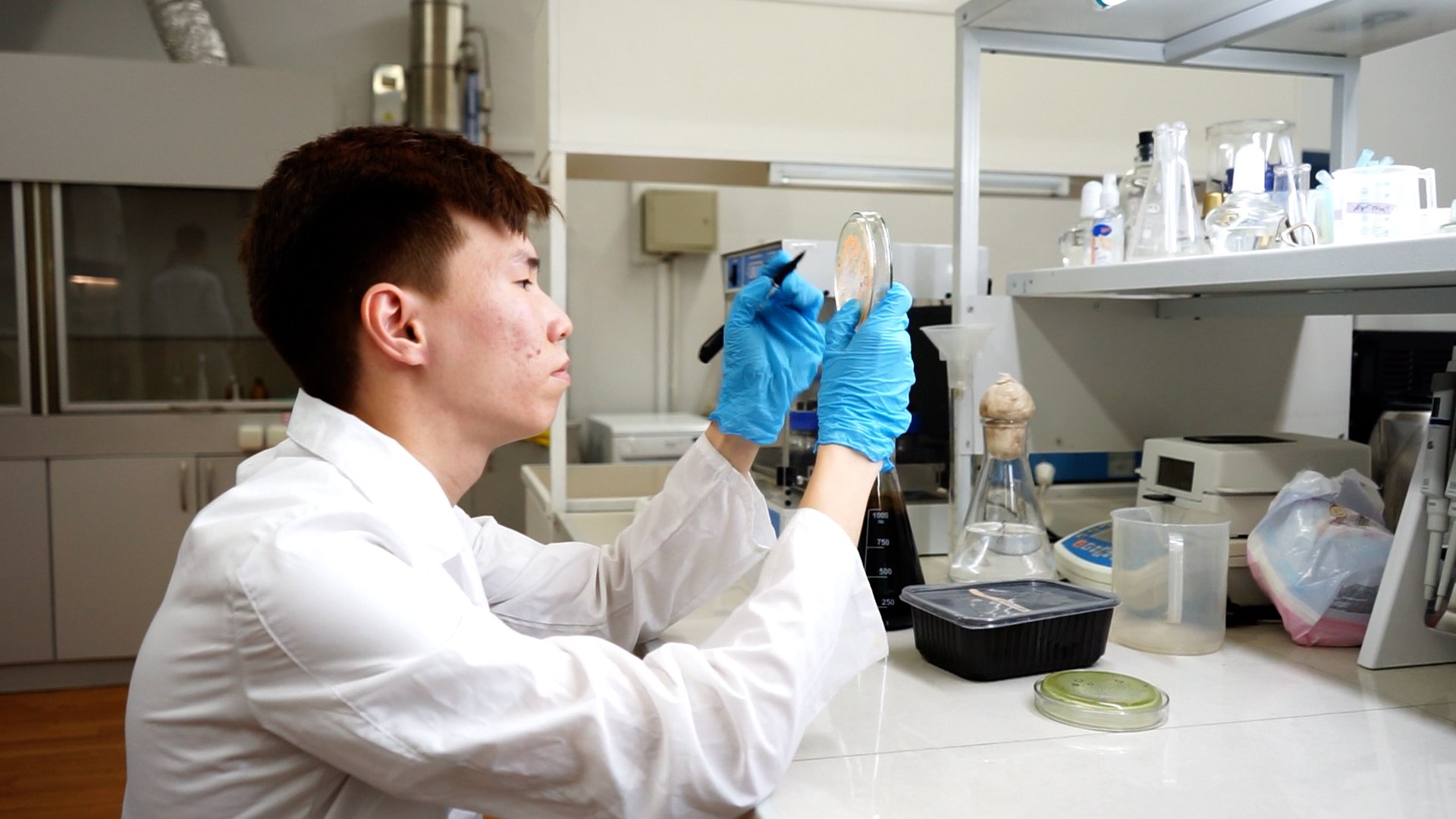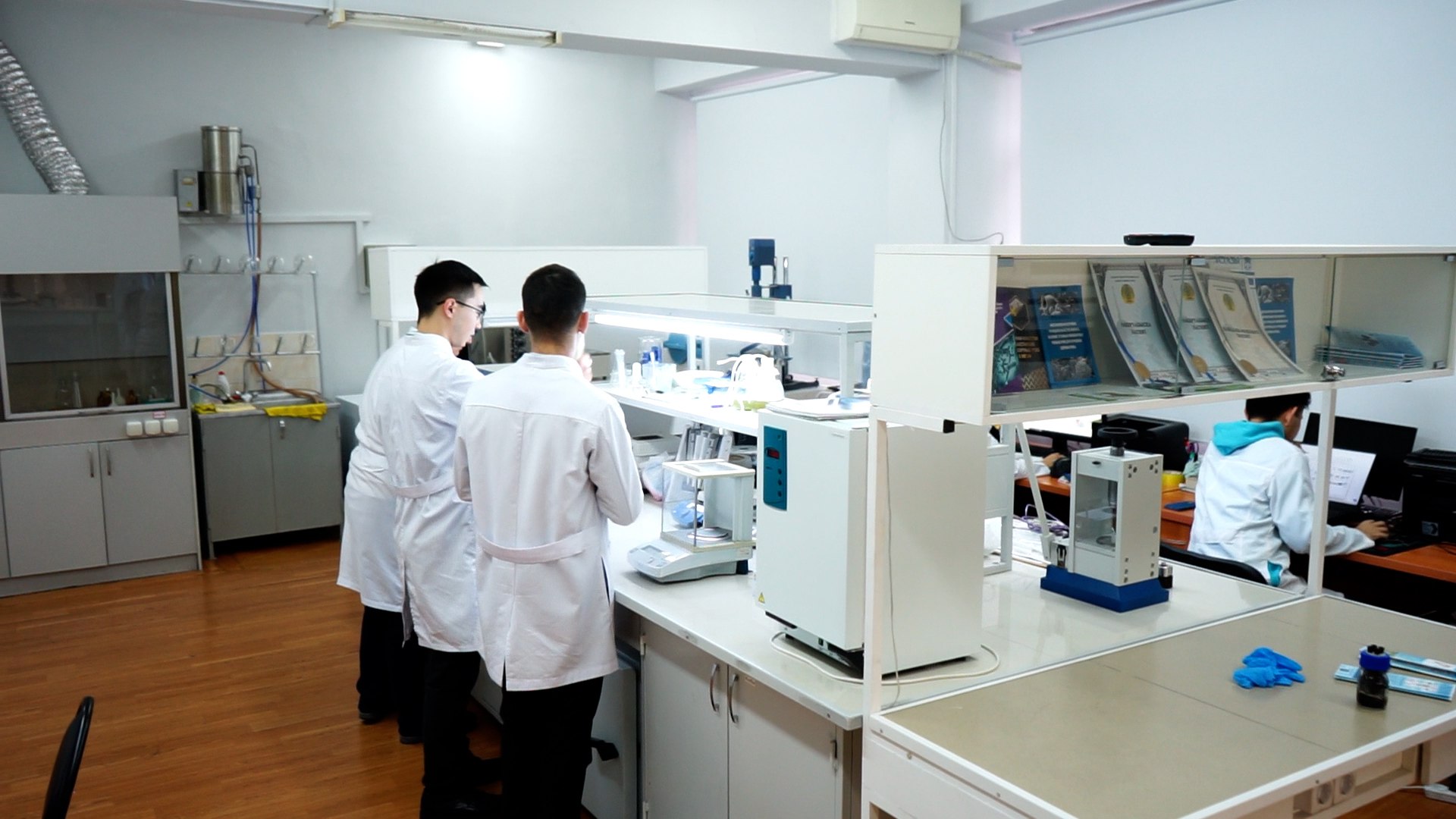- Main
- News
- KazNU scientists have produced briquetted coal, which reduces the danger of carbon monoxide smoke
KazNU scientists have produced briquetted coal, which reduces the danger of carbon monoxide smoke

Scientists at Al-Farabi Kazakh National University have produced briquetted coal by adding bacteria to low-grade coal.
This innovative project will contribute to the reduction of smoke and harmful sulfur contained in ulga.
The products prepared by KazNU scientists will not only solve environmental problems, but will also be effective for Kazakhstani production. Because, in our country do not produce high-quality briquetted coal. According to the scientists of the laboratories, this type of coal enters the country from China and Russia.
"Of the 100% of coal produced in Kazakhstan, 70% is low-grade coal. The quality of low-grade coal is poor. During research, it was found that the coal contains a large amount of harmful sulfur. Later we made briquetted coal by adding bacteria to this low-grade coal to reduce the sulphur content," said a junior researcher at the Kazakh-German-Chinese International Research Laboratory of Applied Microbiology at KazNU.
Biobriquettes can be used in the food industry, combined heat and power plants, in nature, etc.

"Now in most settlements the population is not fully supplied with natural gas. Because of this, people burn low-grade coal to heat private houses in winter. As a result, they get poisoned by carbon monoxide smoke and die. Therefore, the goal of our project is to improve the quality of low-grade coal and reduce the amount of smoke emitted when burning coal," says Damir Asanovich.
Currently, the university researchers are working on obtaining a patent for the scientific project. In the future, it is planned to bring this product to the market.
Press-service of Al-Farabi Kazakh National University